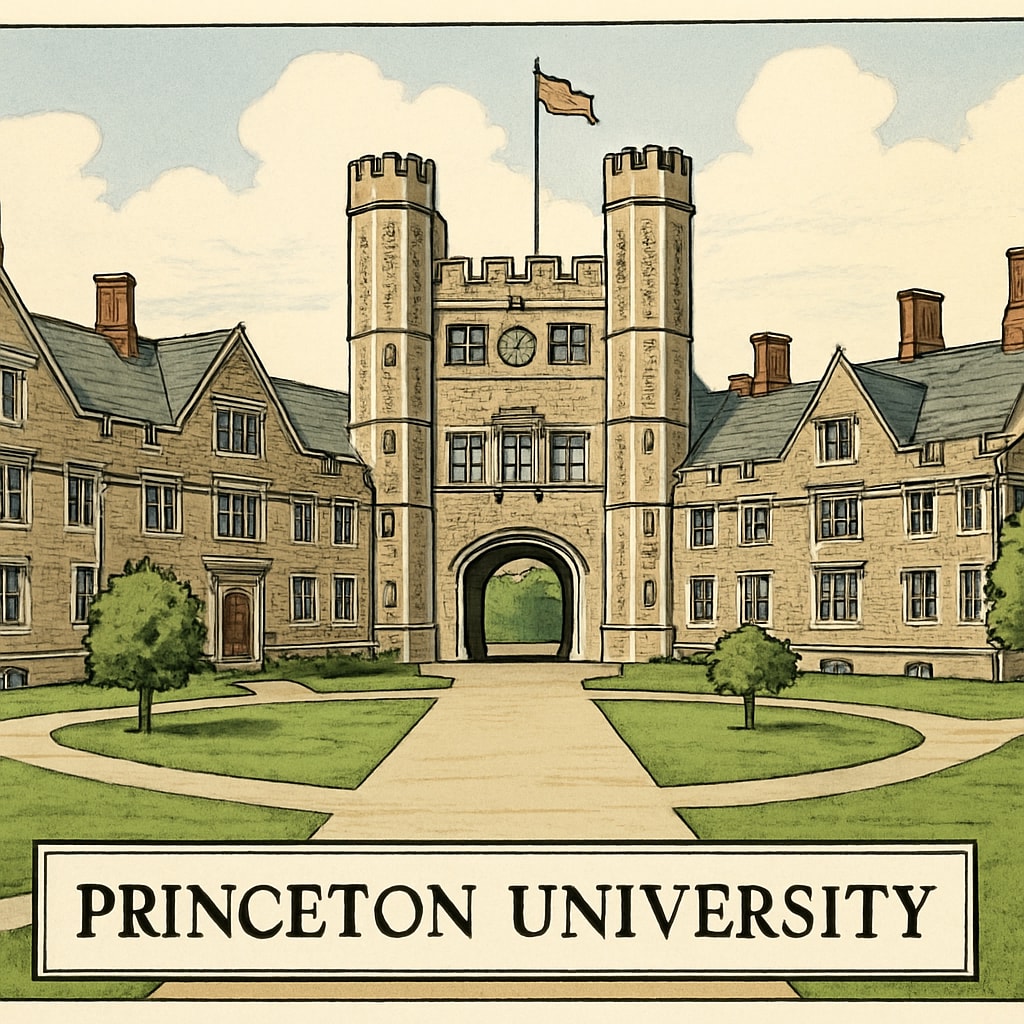Princeton and other Ivy League schools have long been seen as the pinnacle of academic achievement, with an aura of prestige that is almost mythical. However, have we overestimated the value and influence of these institutions? While their reputation remains unmatched, the growing obsession with elite education may be distorting societal priorities and harming the broader K-12 education system. This article critically examines whether the Ivy League, including Princeton, has been overrated in terms of its impact and value.
The Myth of the Ivy League Superiority
Ivy League schools, with Princeton being a prime example, are often regarded as gateways to success. They boast renowned faculty, cutting-edge research, and alumni networks that dominate industries ranging from politics to finance. However, the question remains: Does attending an Ivy League institution truly guarantee superior education and opportunities, or have we collectively bought into a carefully cultivated brand image?
Studies suggest that the prestige of these institutions often overshadows their actual contribution to individual outcomes. For example, a study by economists Alan Krueger and Stacy Dale found that the earnings of students who were accepted into Ivy League schools but chose to attend non-Ivy institutions were nearly identical to those who attended the elite schools. This implies that the students’ abilities and ambitions, rather than the schools themselves, are the primary drivers of their success.

How the Obsession with Elite Education Harms Broader Systems
The disproportionate focus on Ivy League institutions creates ripple effects throughout the educational hierarchy. For instance, the K-12 education system often becomes narrowly focused on preparing students for elite college admissions rather than fostering a well-rounded education. Schools increasingly prioritize standardized testing, extracurriculars, and other metrics that align with Ivy League criteria, sidelining creativity and critical thinking in the process.
This obsession also exacerbates inequality. Wealthier families can afford private tutoring, expensive college counselors, and preparatory programs that give their children an edge in the highly competitive admissions process. As a result, Ivy League schools remain inaccessible to many talented students from underprivileged backgrounds, perpetuating cycles of privilege.

Rethinking the Value of Prestige
While there is no denying the achievements of Ivy League schools, it is crucial to reassess their role in society. Instead of idolizing these institutions, we should shift focus toward improving access to quality education at all levels. Public universities and colleges often provide excellent education and research opportunities, yet they are frequently overshadowed by the Ivy League’s dominance in public discourse.
Moreover, employers and policymakers should move away from placing undue emphasis on Ivy League degrees. A more inclusive approach that values diverse educational backgrounds could help combat elitism and create opportunities for a broader spectrum of talents.
Conclusion: Beyond the Ivy League
Princeton and its Ivy League counterparts undoubtedly hold an important place in the educational ecosystem, but their influence may be overstated. By questioning the societal obsession with elite education, we can begin to shift our focus toward equitable and holistic educational opportunities for all. The true measure of success lies not in the name of the institution on a diploma, but in the skills, values, and contributions of its graduates to society.
Readability guidance: Short paragraphs and clear transitions ensure readability. Lists and examples are used to emphasize key points. Passive voice is limited, and transition words are incorporated to improve flow.


